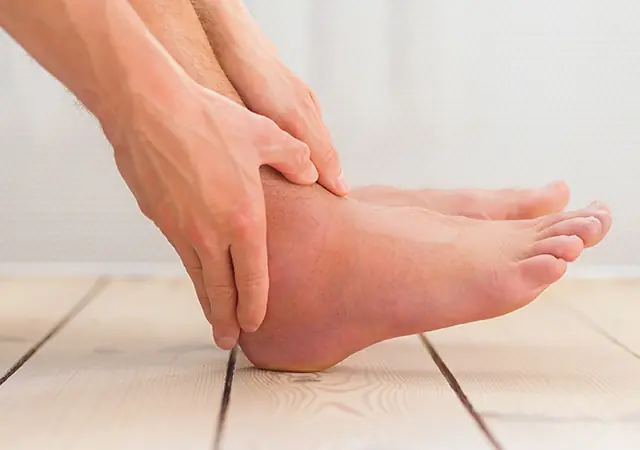
Unlock Your Body's Healing Power with Water Fasting
Water fasting is a practice that involves drinking only water for a set period, from 24 hours to several days. This ancient practice, once used for spiritual and health purposes, is now being studied for its potential to trigger remarkable changes in the body. When done correctly, a water fast can help you lose weight, regenerate your immune system, and may even slow down the aging process.
While water fasting offers a host of benefits, it's not suitable for everyone. People who are underweight, pregnant, or have underlying health conditions should avoid it or consult a doctor before attempting a fast. For healthy individuals, however, a properly executed water fast can be a powerful tool for kickstarting a diet and promoting overall wellness.
What is Water Fasting and How Does it Work?
Water fasting is a form of caloric restriction where a person consumes only water, abstaining from all food and other beverages. A typical fast can last anywhere from one to three days. During this period, the body undergoes a metabolic shift as it depletes its glucose stores. This process, known as ketogenesis, forces the body to use stored fat as its primary energy source, which is why water fasting is effective for short-term weight loss.
One of the most significant benefits of water fasting is a cellular process called autophagy, which literally means "self-devouring." During a fast, your body enters a state of cellular recycling, breaking down and removing dysfunctional or damaged components from cells. This process helps to regenerate healthy cells and is linked to the prevention of chronic diseases.
The Proven Health Benefits of Water Fasting
Scientific research has validated many of the traditional claims about the health benefits of water fasting.
-
Weight Loss and Metabolic Health: A water fast can lead to a noticeable drop in body weight, including a reduction in belly fat and a slimmer waistline. By inducing ketosis, the body taps into its fat reserves for energy, making it an effective way to jump-start a weight-loss journey. Fasting can also lower levels of the hormone leptin, which is linked to obesity.
-
Reduces Blood Pressure: Studies have shown that water fasting can significantly lower blood pressure in people with hypertension. In some cases, patients were able to stop taking their blood pressure medication after a medically supervised fast.
-
Brain Health: Water fasting has a neuroprotective effect, protecting neurons from environmental and genetic factors that can cause cognitive decline. It promotes the release of antioxidant enzymes in the brain and is being studied as a potential way to help prevent neurodegenerative diseases like Alzheimer's and Parkinson's.
-
Anti-Aging Effects: By promoting autophagy and reducing cellular stress, water fasting may help slow the aging process. While it's not a fountain of youth, regular fasting, combined with other healthy lifestyle choices, has been shown to have an anti-aging effect on the body.
-
Regenerates the Immune System: A short-term fast can trigger the regeneration of new immune cells. Research from the University of Southern California found that a two- to four-day fast can trigger the production of new white blood cells, which are crucial for fighting off infections.
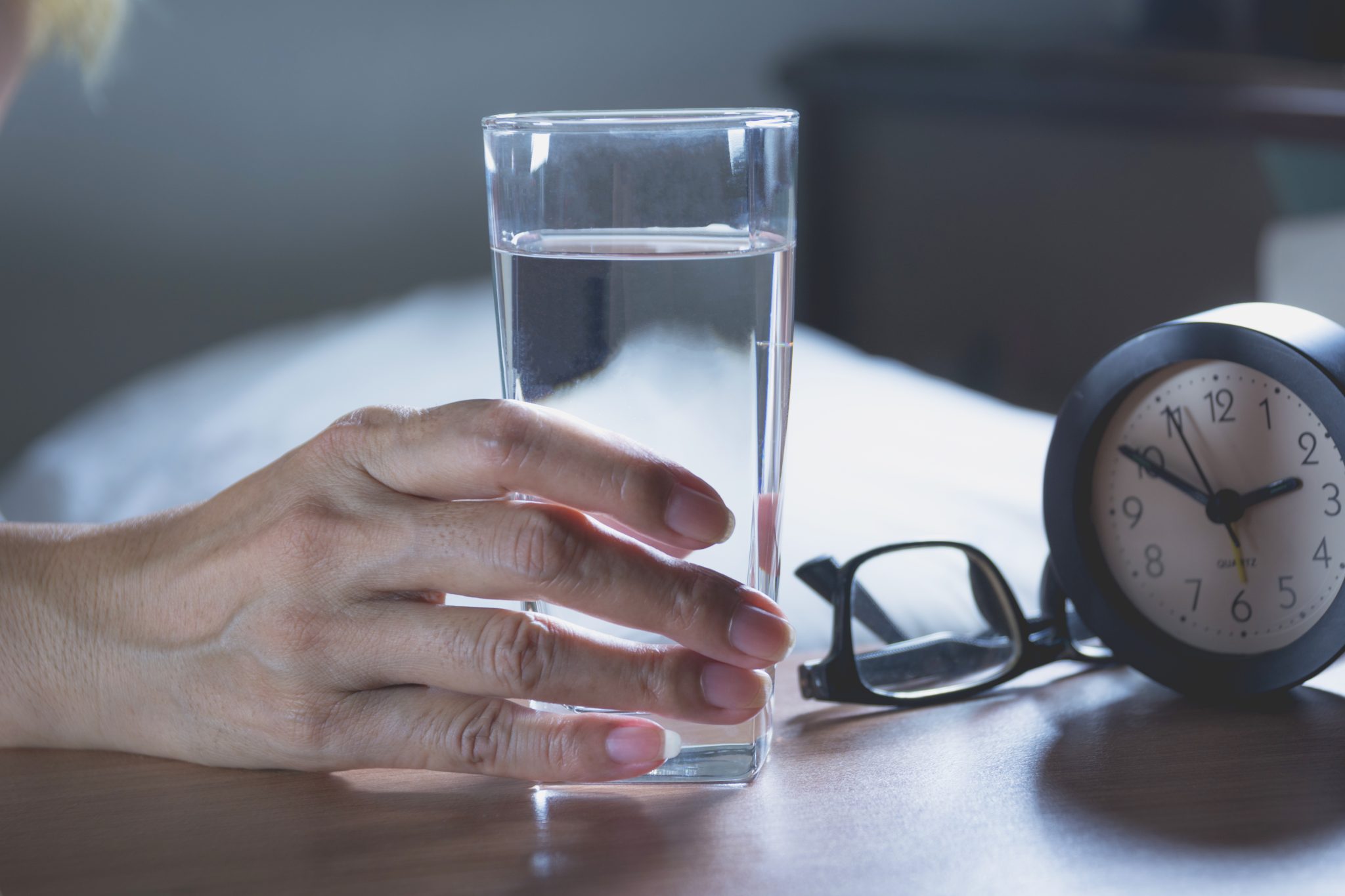
How to Water Fast Safely
To reap the benefits of water fasting without the risks, it's essential to prepare your body properly and break the fast correctly.
-
Before the Fast: For two days leading up to your fast, transition to a diet of fresh fruits and steamed vegetables. This helps your body adjust. You should also eliminate alcohol, caffeine, and sugary foods to prevent adverse reactions during the fast.
-
During the Fast: For a one- to three-day fast, aim to drink two to three liters of water per day. A good guideline is to drink a glass of water every hour. Avoid strenuous physical activity and demanding tasks while fasting.
-
Breaking the Fast: One of the biggest mistakes is to eat a large, heavy meal immediately after a fast. This can shock your system and lead to a rebound weight gain. The general rule is to take half the time of your fast to break it gently. Start with vegetable or fruit juices and bone broth, then gradually introduce solid, unprocessed foods without added salt, oil, or sugar.
Important Precautions
While short-term water fasting is generally safe for healthy individuals, there are some side effects to be aware of:
-
Short-Term Symptoms: You may experience fatigue, headaches, insomnia, or indigestion. These symptoms are usually short-lived.
-
When to Avoid Fasting: Do not water fast if you are pregnant, underweight, have a history of an eating disorder, or have a chronic medical condition such as diabetes.
-
Extended Fasting: If you plan to fast for more than three days, you should do so only under close medical supervision to ensure your safety.
News in the same category


Scientifically Proven Health Benefits of Papaya + Uses for the Seeds

If You Eat Eggs Every Day

How to Keep Your Ears Clean For Longer

6 Harmful Foods That Weaken Calcium Levels

Eating More Cruciferous Vegetables May Cut Colon Cancer Risk

Dogs Able to Sniff Out Parkinson’s Before Symptoms Appear
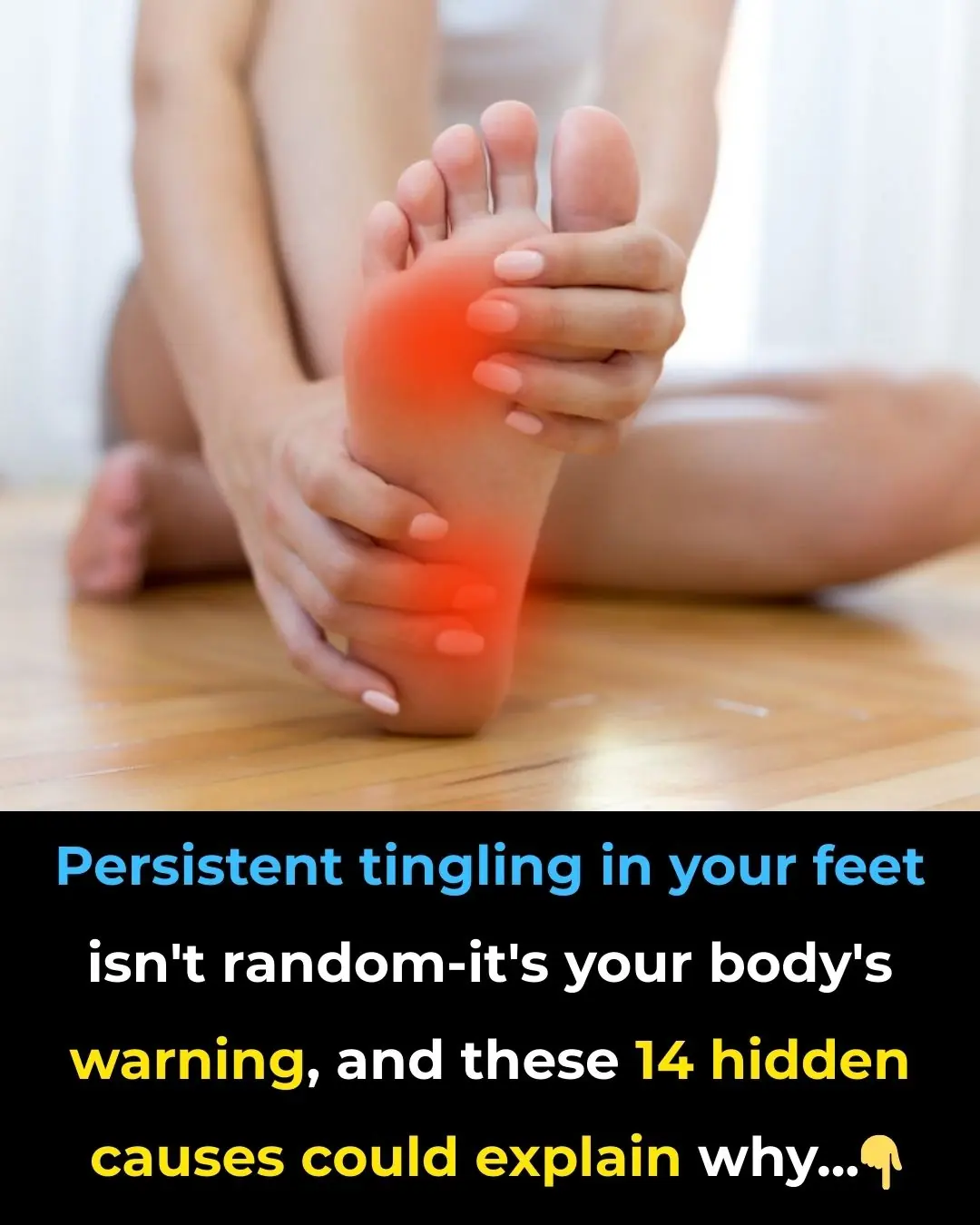
14 hidden causes of tingling feet (and what to do)

At last — how to detox the brain naturally

5 Blood Clot Facts Doctors Want You to Know

8 Foods That Help Lower Your Cholesterol

6 Harmful Foods That Weaken Calcium Levels

How to Use Castor Oil to Regrow Eyelashes and Eyebrows
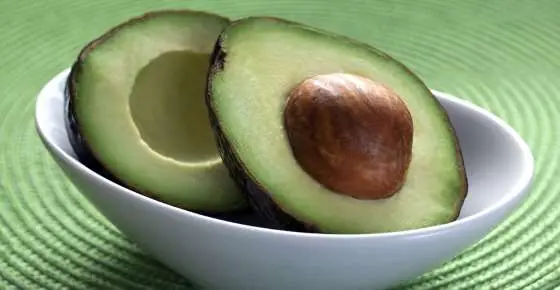
Scientifically Proven Health Benefits of Avocado and Avocado Seeds

Experts Say They’ve Pinpointed the Cause of Autism—And It Could Lead to New Treatments

Scientists Say Cancer Can Now Be Detected Years in Advance with Simple Blood Test

Final straw that led to billionaire CEO's desperate escape from Japan inside 3ft box
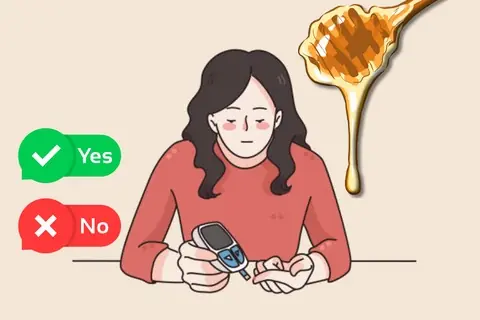
10 Early Warning Signs Your Blood Sugar Is Way Too High

If Your Legs Cramp at Night You Need to Know This Immediately
News Post

Bill Gates reveals the only three jobs he believes will survive the AI revolution

Man had his lifetime first class ticket removed mid-flight after he cost the airline $21,000,000

Swollen Legs, Ankles, and Feet: Causes and Proven Remedies (Including a Parsley Tea Recipe)

Scientifically Proven Health Benefits of Papaya + Uses for the Seeds

If You Eat Eggs Every Day

How to Keep Your Ears Clean For Longer

The Secret Ingredient for a Dust-Free Home for a Whole Week

The Super Vegetable That Grows Green and Is Packed with Vitamin C—10 Times More Than Oranges and Lemons!

Why Smart People Keep This Jar in the Bathroom: The Surprising Benefits You Need to Know

The Hidden Function of the Small Hole in Your Sink: Why It's Actually Essential

How to Restore Your Yellowed Pillow to Its Original White with One Simple Trick

The Hidden Function of the "Small Box" in Your Washing Machine: Why You Should Never Skip It

How to Clean Plastic Baskets with One Simple Trick

The Best Way to Keep Shrimp Fresh and Sweet for a Whole Week

I Hesitated to Date a Single Dad—But What I Discovered After He Moved In Shocked Me

6 Harmful Foods That Weaken Calcium Levels

Eating More Cruciferous Vegetables May Cut Colon Cancer Risk

Dogs Able to Sniff Out Parkinson’s Before Symptoms Appear
